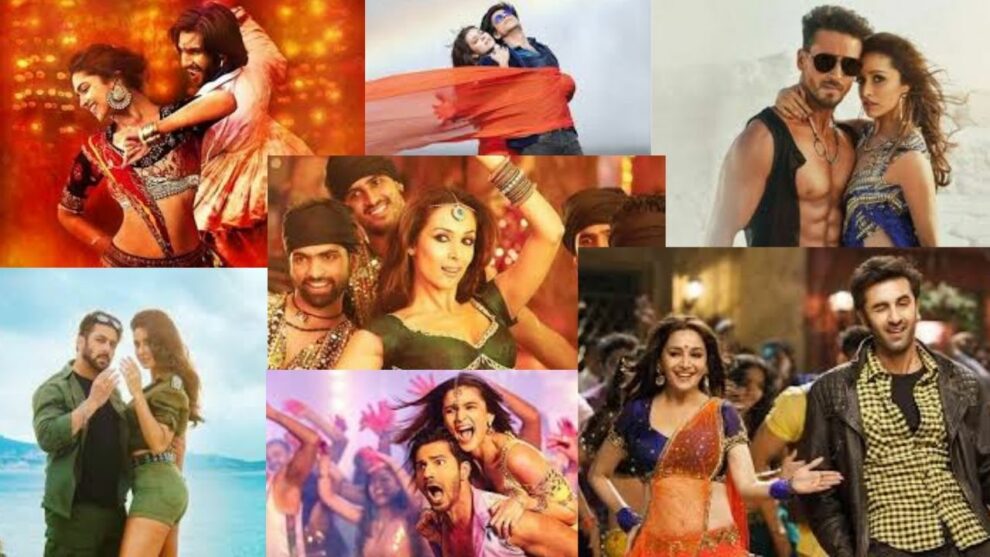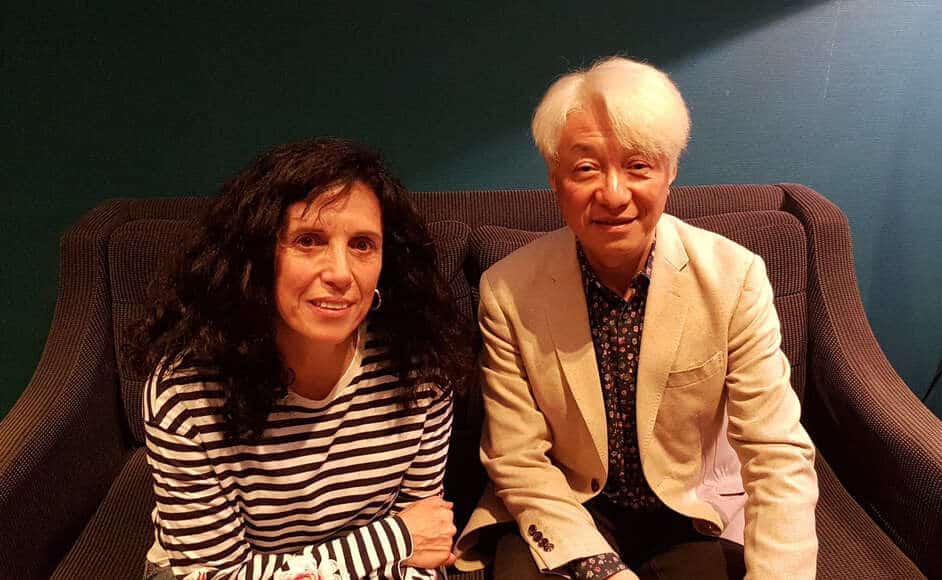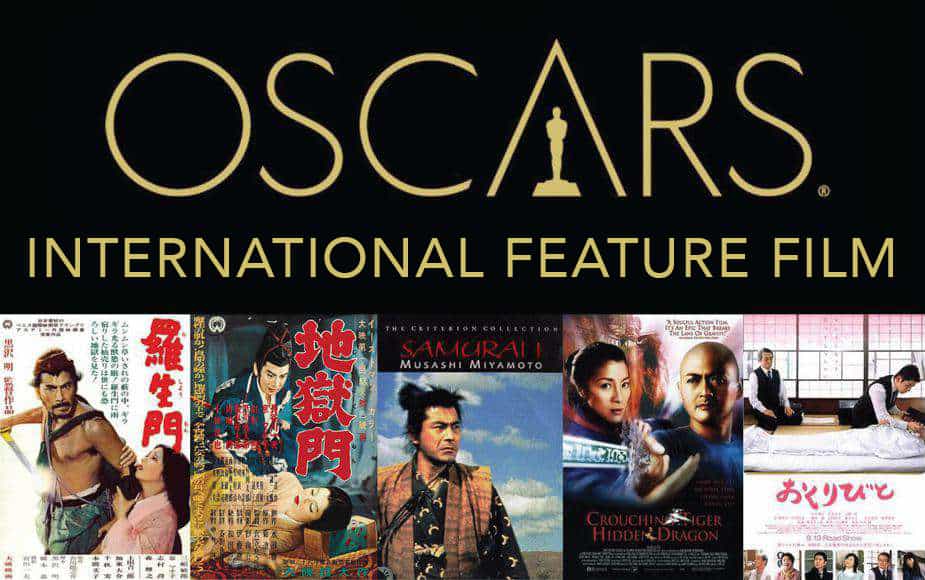Bollywood music is an integral part of Indian cinema and culture. It has a rich history that dates back to the early days of Indian cinema. The journey of Bollywood music is a fascinating one, and it has given us some of the most unforgettable melodies that have become a part of our lives.
In this article, we will take a glimpse into the mesmerizing journey of Bollywood music and discover how it has evolved over the years to become an indispensable part of Indian cinema.
History of Bollywood Music
In the 1930s, Indian cinema was going through a transition from silent films to talkies, and music played a significant role in this transition. The first Indian talkie film, Alam Ara, released in 1931, had seven songs in it. The music for this film was composed by Ferozshah M. Mistri and B. Irani, and the songs were sung by the actors themselves.
In the 1940s and 1950s, Bollywood music underwent a significant change. The influence of classical Indian music was evident in the compositions. Music directors like Naushad, S.D. Burman, Shankar-Jaikishan, and Salil Chowdhury were the pioneers of this era. They blended Indian classical music with Western music to create a unique sound that was loved by the masses, including those who play games on https://parimatch-in.com/en/mobile.
The Influence of Classical Indian Music On Bollywood
Classical Indian music has had a significant influence on Bollywood music. It is a vast and complex music tradition that has been passed down through generations. Indian classical music has two main branches, Hindustani and Carnatic. Hindustani music is from North India, while Carnatic music is from South India.
Evolution of Bollywood Music Over the Years
Over the years, Bollywood music has undergone various transformations. The 1960s and 1970s were the golden era of Bollywood music. The music of this eras was characterized by a mix of Indian and Western music. The compositions were melodious, and the lyrics were meaningful.
The 1980s and 1990s were the era of disco and pop music. The music of this era was characterized by electronic instruments and beats. The compositions were fast-paced and energetic, and the lyrics were more focused on entertainment than meaningfulness.
The 2000s and 2010s saw a shift towards a more fusion-based sound. The music of this era was characterized by a mix of Indian classical music, Sufi music, and Western music. The compositions were more experimental, and the lyrics were a mix of meaningful and entertaining.
Iconic Music Composers In Bollywood
Bollywood music has produced some of the most iconic music composers in the world. Music directors like Naushad, S.D. Burman, Shankar-Jaikishan, Laxmikant-Pyarelal, and A.R. Rahman have created some of the most memorable compositions in Bollywood history.
Naushad was a pioneer of classical Indian music in Bollywood. He composed music for films like Mughal-e-Azam, Baiju Bawra, and Mother India. S.D. Burman was known for his melodious compositions and his use of Indian classical music in his compositions. Shankar-Jaikishan were known for their fusion-based sound and their use of Western instruments in their compositions. Laxmikant-Pyarelal was known for its catchy compositions and its use of electronic instruments. A.R. Rahman is known for his fusion-based sound and his use of Indian classical music, Sufi music, and Western music in his compositions.
The Impact of Bollywood Music On Indian Culture
Bollywood music has had a significant impact on Indian culture. It has the power to stir emotions and take us on a nostalgic ride. Bollywood music is an integral part of Indian weddings, festivals, and celebrations. It has also contributed to the promotion of Indian culture globally.
Bollywood music has also played a significant role in social change. It has raised awareness about various social issues like gender equality, poverty, and corruption. It has also helped break down social barriers and bring people from different cultures and backgrounds together.
The Role of Bollywood Music In Indian Cinema
It enhances the emotional impact of the films and helps create a connection with the audience. The songs in Bollywood films are not just there for entertainment purposes, but they also help move the story forward.
The songs in Bollywood films are also a way for actors to showcase their talents. Many actors in Bollywood are also singers, and they have sung some of the most memorable songs in Bollywood history.
Future of Bollywood Music
The future of Bollywood music looks bright. With technological advancements and a growing audience, Bollywood music is set to reach new heights. The fusion of Indian classical music, Sufi music, and Western music is likely to continue, and we can expect to hear more experimental sounds in the future.
Conclusion
Bollywood music is the soul of Indian cinema and culture. Its journey is as mesmerizing as the music itself. From the early days of Indian cinema to the present, Bollywood music has undergone various transformations, yet it has retained its charm and popularity. The history of Bollywood music is replete with legends, stories of struggles, and innovations that have shaped the industry.















